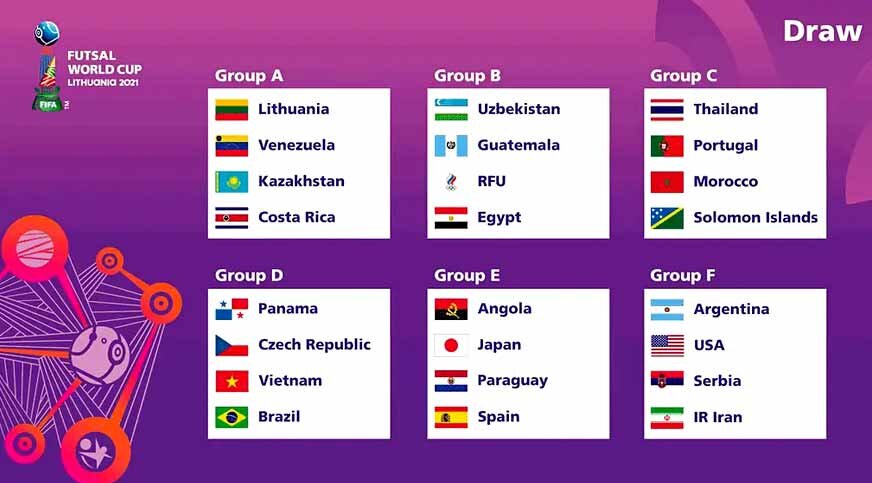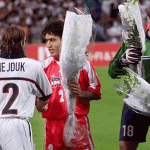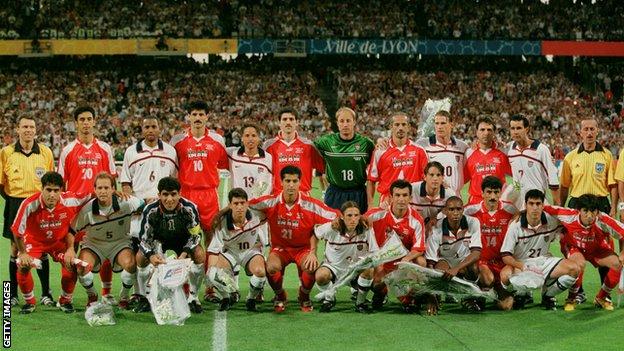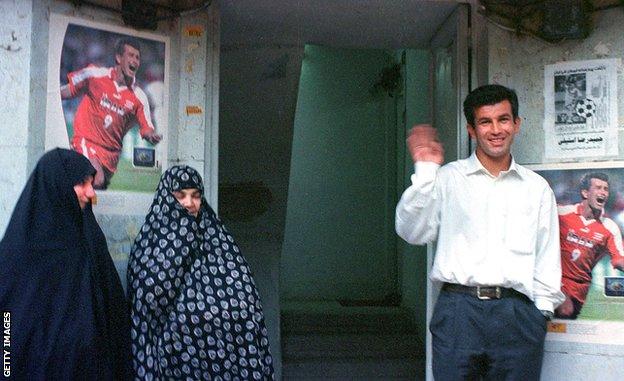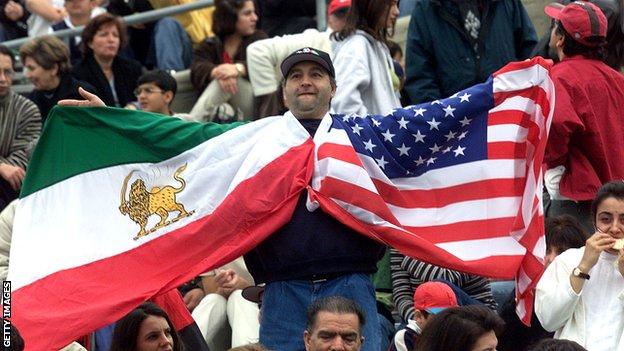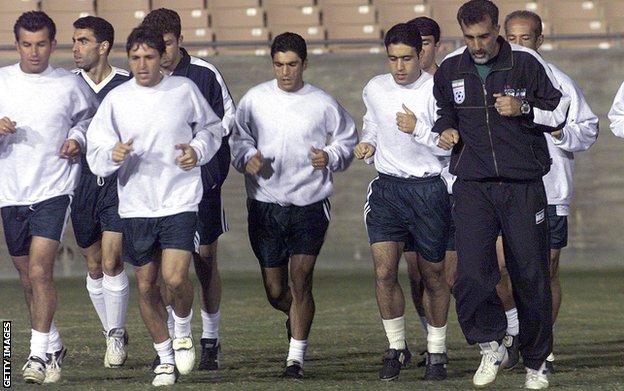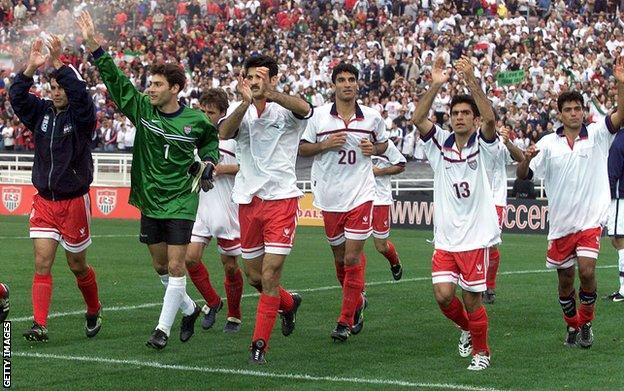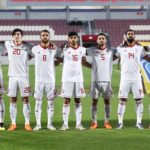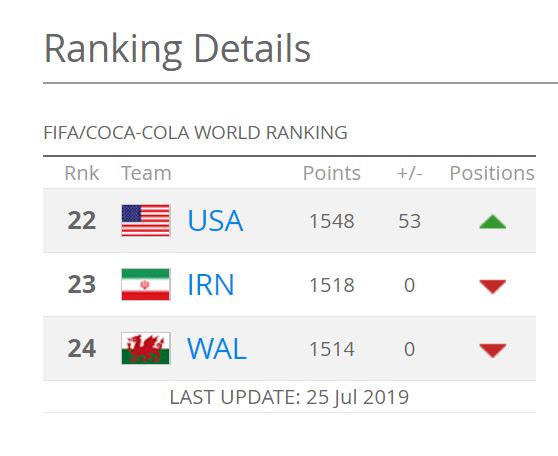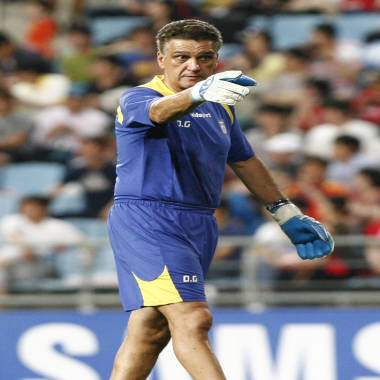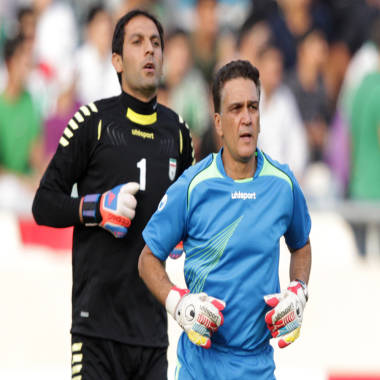Iran’s national futsal team is ready for the first match of FIFA Futsal World Cup Lithuania 2021 against Serbia this evening.
The squad played its last training session last evening with another early session this morning before entering the match against Serbia.
Asia will be represented by five teams at the FIFA Futsal World Cup Lithuania 2021 with the continent’s representatives determined to make an impact.
To be played across three venues, the FIFA Futsal World Cup Lithuania 2021 will see Iran, Japan, Uzbekistan, Thailand, and Vietnam carrying Asia’s challenge.
The six group winners and runners-up, together with the four best third-placed teams will advance to the Round of 16. The tournament is played from September 12-October 3 FIFA Futsal World Cup Lithuania 2021.
There are still two players on the injury list as Ahmadzadeh and Hossein Tayebi will be undergoing late fitness checks.
Perhaps the first match is the most important of the three group games as Serbia has shown remarkable improvement of late. Recently the Serbians played the might Brazil and drew the match. The defending champions, Argentine will be the obvious toughest game for Iran.
Matchday 1 of Group F
Serbia-IR Iran, Vilnius, 18:00
Argentina-USA, Vilnius, 20:00
Overview
Iran will enter their eighth FIFA Futsal World Cup campaign as genuine challengers, having lifted the AFC Futsal Championship trophy 12 times. The Iranians made history in 2016 by finishing third, the best-ever achievement by an Asian team, and head coach Mohammed Nazemosharia is aiming for the title in Lithuania 2021.
Nazemosharia has retained most of the 2016 squad with the likes of Mahdi Javid, Hossein Tayebi and captain Ali Asghar Hassanzadeh – a four-time AFC Futsal Player of the Year – leading the charge with defending champions Argentina the toughest hurdle.
Ahmad Esmaeilpour and Ali Hassanzadeh inspired Iran to bronze in 2016, and the 33-year-olds believe they can do even better in Lithuania. Serbia will provide a stern test in their curtain-raiser.

History: 7 previous appearances – 1992, 1996, 2000, 2004, 2008, 2012, 2016; 12-time Asian champions
Recent Form – 3W: Thailand (5-1), Belarus (8-2, 5-1)
Players to Watch: Ali Asghar Hassanzadeh, Mahdi Javid, Farhad Fakhim
Challengers: Serbia (Sept 14), USA (Sept 17), Argentina (Sept 20)



